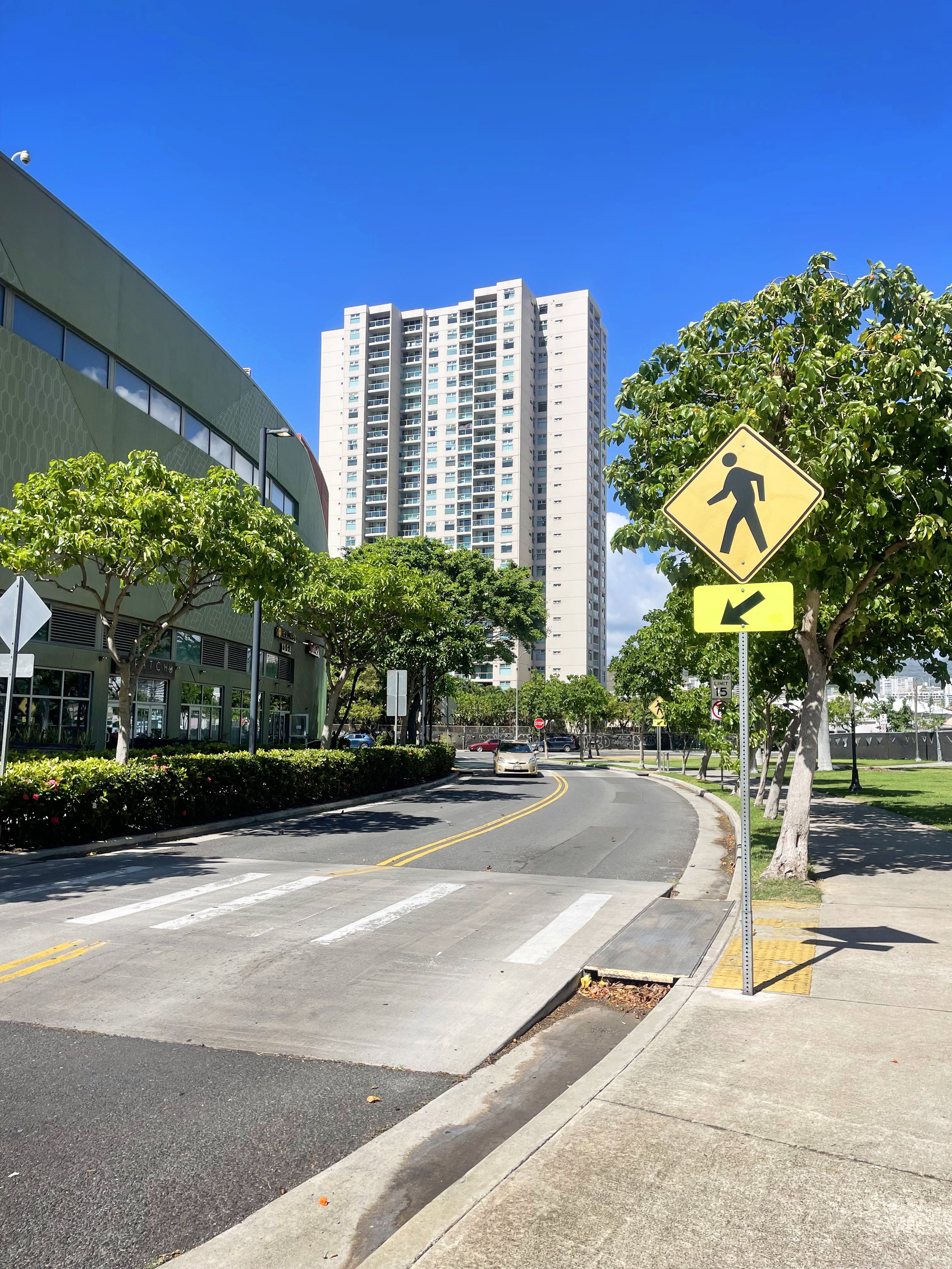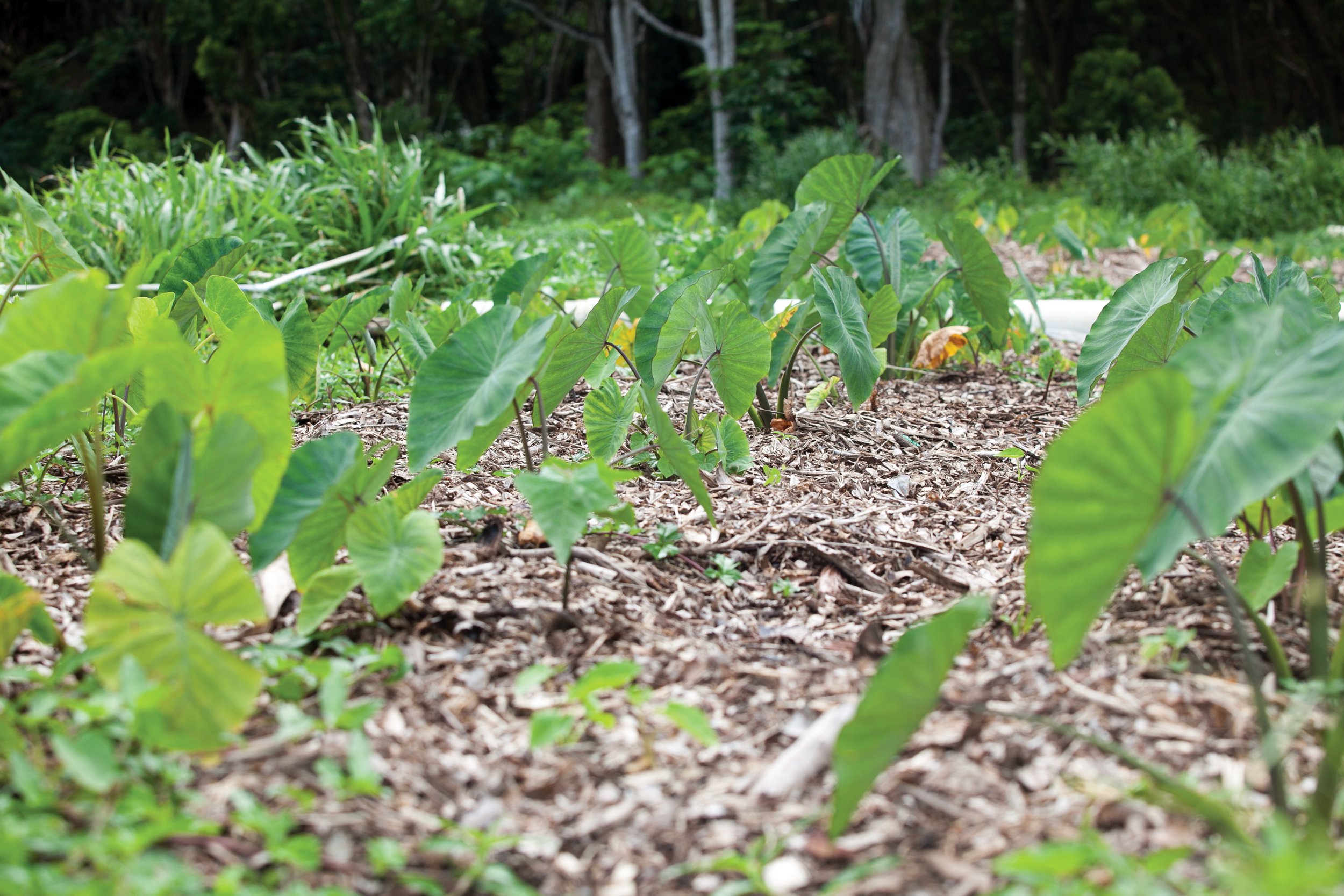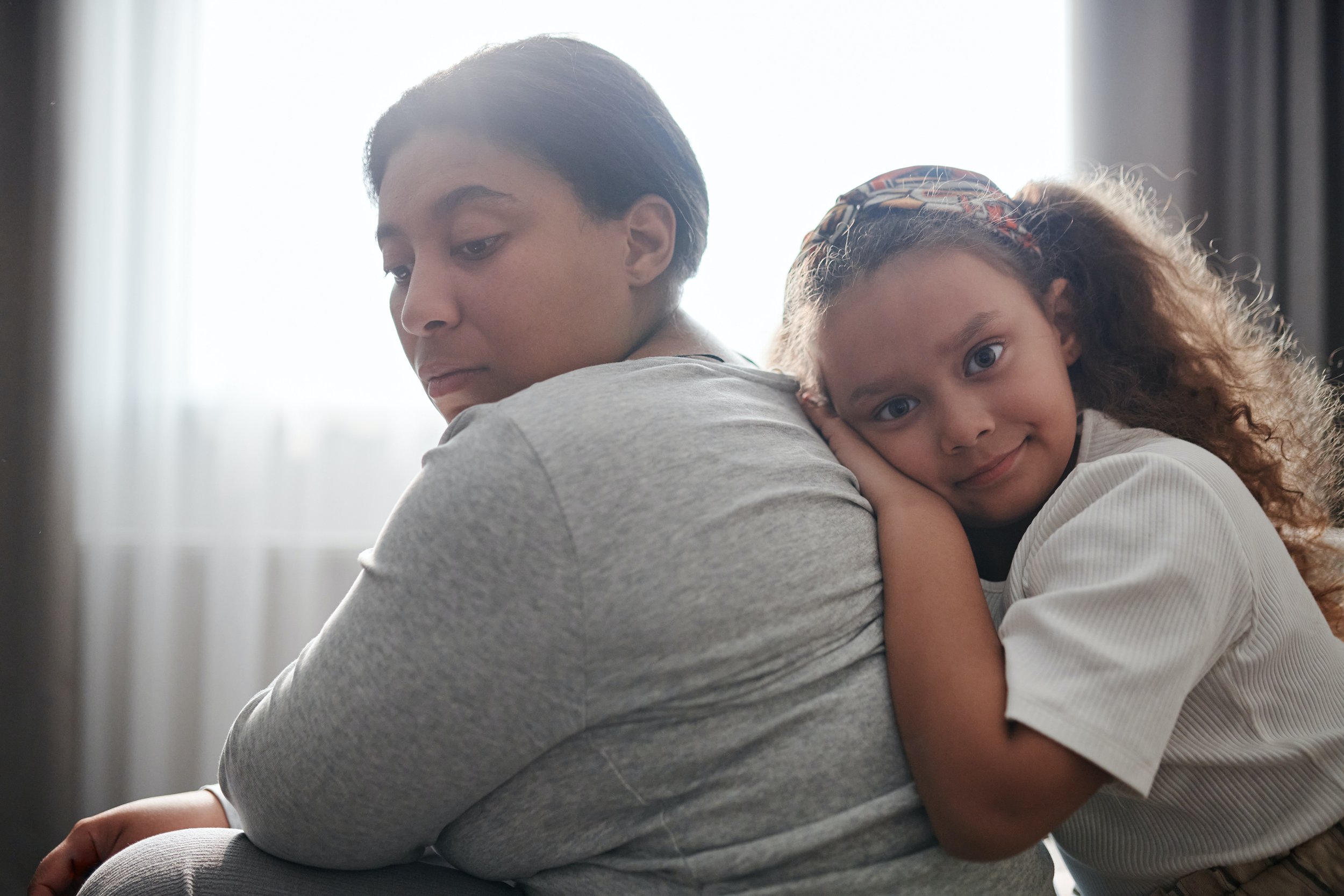
Hawaiʻi Appleseed selected for national Mobility, Access, and Transportation Insecurity (MATI) program
Hawaiʻi Appleseed’s selected project will improve pedestrian safety and transit lighting for women and families in Waipahu and ʻEwa.

New policy report calls for major shift in Hawai‘i’s transportation spending to address unmet mobility needs, traffic congestion and emissions
Over the last 5 years, 66.3 percent of the state’s transportation budget has gone toward projects that increase vehicle capacity, while only 1.5 percent has gone to reducing vehicle travel.

After more than 40 years, USDA increases Hawaiʻi’s school meal reimbursement rates
These increased rates are projected to bring an additional $8 million a year to Hawaiʻi to support healthy meals for children.

Four local nonprofits team up to curb hunger with new national funding
Four Hawaiʻi nonprofits are jointly launching a new effort to end hunger in the state, thanks to new funding from MAZON: A Jewish Response to Hunger, a leading national anti-hunger organization.

Report: Hawaiʻi is short tens of millions in annual federal funds to support feeding children
The “Feed our Keiki” report finds that the USDA is providing far less funding to Hawaiʻi than it should, resulting in a financial crisis for Hawaiʻi’s child nutrition programs.

Donations at Safeway keep critical grab-and-go meal program going strong
During the month of September, donations at Hawaiʻi Safeway will help families struggling more than ever with hunger during the pandemic.

Trump’s Public Charge rule could cost Hawaiʻi dearly
With the new Trump Administration Public Charge rule given the green light today by the U.S. Supreme Court, both Hawaiʻi’s economy and its hardworking immigrant families will suffer.

Hawaiʻi ranks last at serving after-school suppers to low-income keiki
The state is foregoing more than $600,000 per year in federal meal reimbursements as a result.

Official poverty data obscures reality faced by Hawaiʻi residents
The more accurate Supplemental Poverty Measure ranks Hawaiʻi at 13th highest for poverty in the nation.

Hawaiʻi Appleseed announces Victor Geminiani’s retirement
The 50-year advocate for the low-income community and founder of Hawaiʻi Appleseed Center for Law & Economic Justice will retire on August 31, 2019.

Fewer than one in 11 low-income keiki get free summer food
A national report released today shows Hawaiʻi has dropped to 43rd in the nation in providing free or reduced-price school lunches to keiki over the summer, but there is reason for optimism going forward.

Hawaiʻi in bottom 3 states for serving after-school suppers to low-income keiki
The state is foregoing more than $500,000 per year in federal meal reimbursements as a result.
